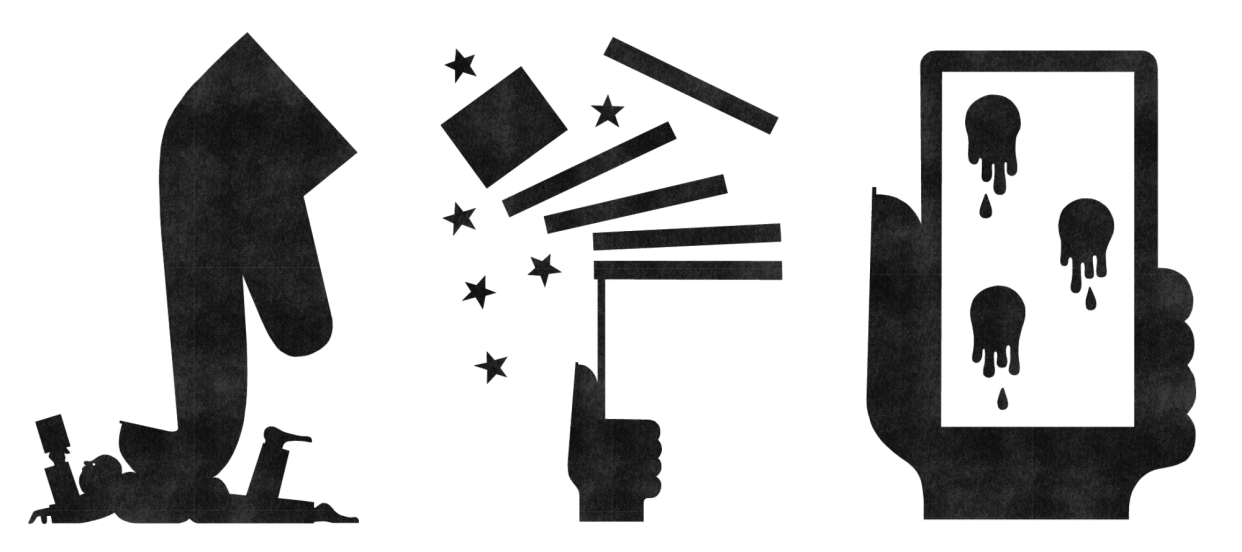American psyche: a new series exploring the angst at the heart of the US election

The vibes, to put it lightly, are off.
The 2024 election is proof that the country remains divided, with fault lines so deep that we struggle to collectively define the crises themselves, let alone what has caused them or what would offer solutions.
Our current dissonance comes on the tail of past, enduring traumas which did nothing to bring us together. A virus took our loved ones, and we fought over masks. A shooter massacred children in a classroom, and we fought over guns. A Black man was suffocated by the police, and some argued if it mattered.
In the years since we last voted for a US president, the supposed protectors of justice took away a pillar of reproductive rights from half the country, and are threatening to roll back the civil rights achieved by and for millions in the 1960s. The majority of Americans believe we’re in an economic crisis, even though unemployment is at historic lows. Many others are still litigating the validity of the last election.
There are a million people on the brink of starvation caused by war in Gaza, and we’re fixated on college campus protests. And it has become a sign of political strength to put families, sick and threatened, on buses with no warning and send them from the border to cities several states away to win elections.
Meanwhile, there is little consensus over what constitutes fact.
There hasn’t been a moment to pause, or a moment to heal, in many years. And so the angst that American voters face is palpable, manifesting in our minds and bodies and collective choices.
Our new series, American psyche, seeks to examine that angst, to define it. From now until the election, our stories will take on different angles of that angst: from a years-long effort to punish a single woman for a single vote to city dwellers increasingly scared of their own neighbors. The series will look at how young people’s lives have been disrupted, over and over again, and how that leads them to believe who should run our country.
The US and its people are unsettled, simultaneously depleted and ready to fight. It is with this conflict, in and among ourselves, that we will choose our next president. It’s our hope that these stories capture this moment, and that this moment, in turn, becomes an inflection point in the long road back to a thriving democracy.
Thanks for reading,
Ankita Rao,
Washington editor

 Yahoo News
Yahoo News 
